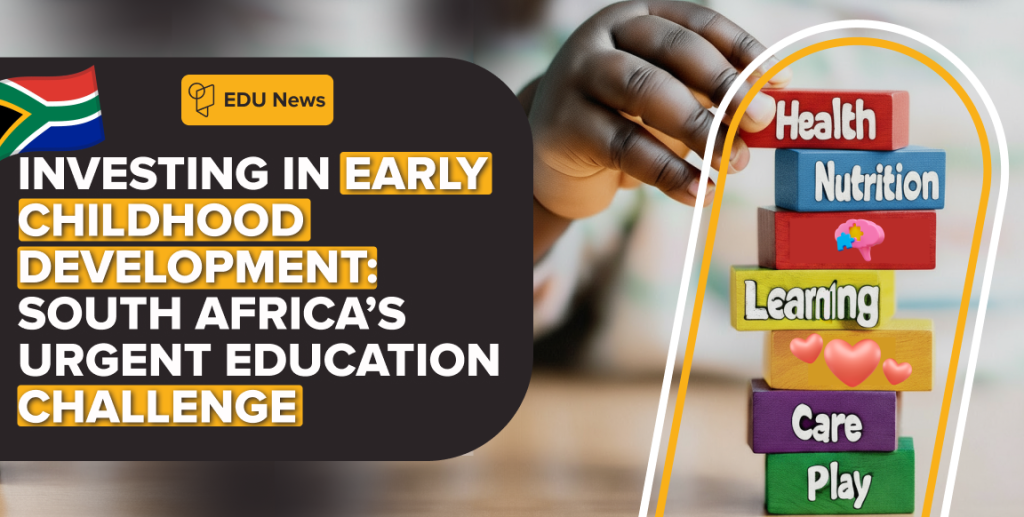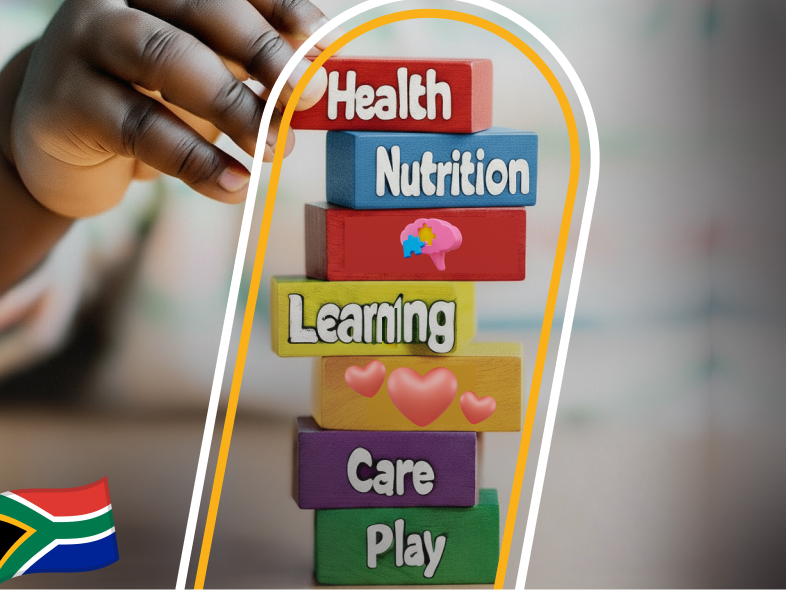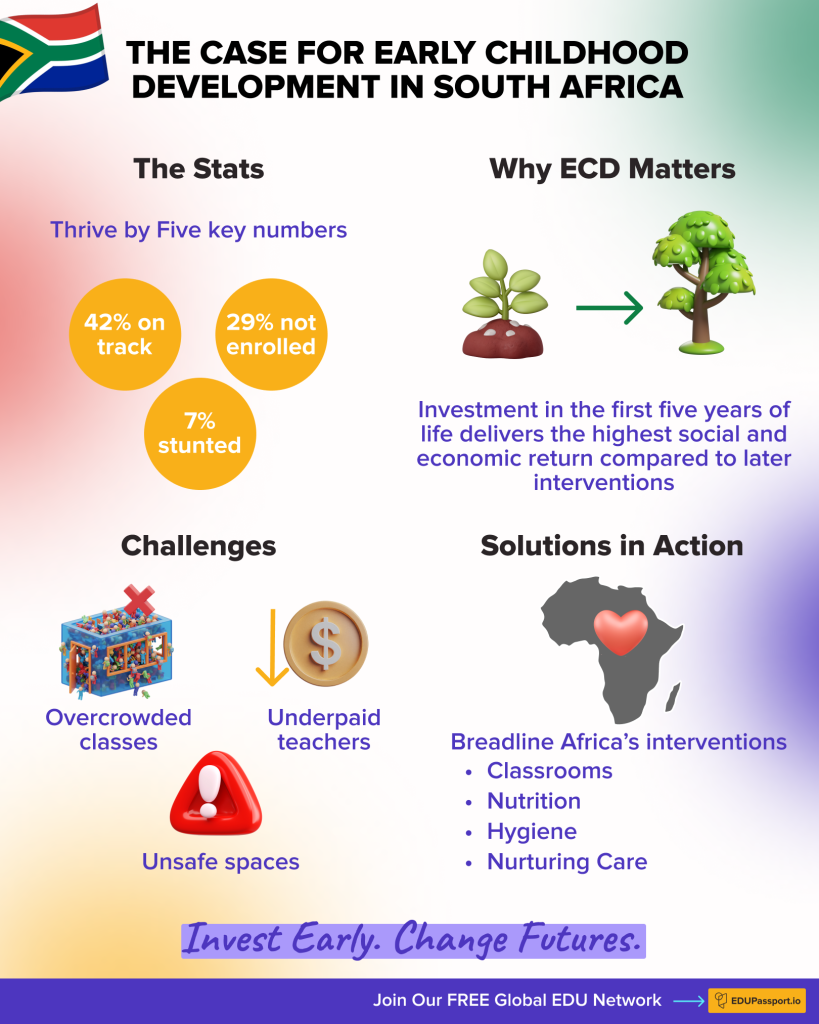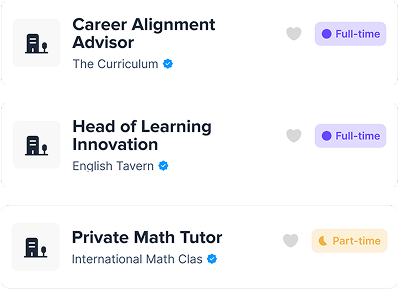CAPE TOWN — In Khayelitsha, educator Ntombentsha Sobekwa starts her preschool day with little more than grit and a handful of teaching tools. By month’s end, she takes home only a few rand. Her story reflects thousands across South Africa’s underfunded early childhood development (ECD) centres.
A sobering reality check
According to the Thrive by Five Index 2021, only 42% of enrolled four-year-olds in South Africa are developmentally on track. Another 28% lag behind, while 30% are significantly far behind. For a nation hoping to break cycles of poverty, those numbers signal a national emergency.
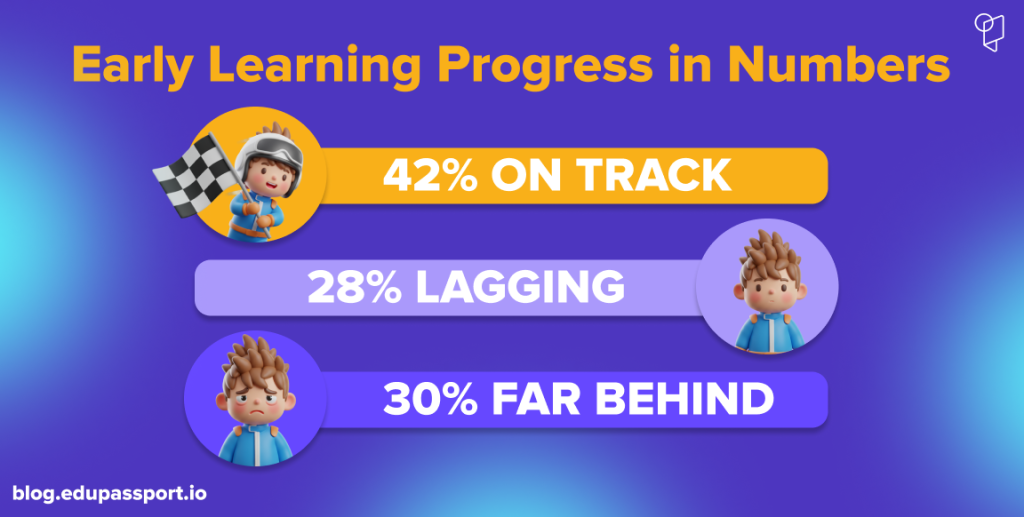
Why early investment pays off
Research by Nobel laureate James Heckman (Heckman Equation) shows that investment in the first five years of life delivers the highest social and economic return compared to later interventions. Yet in South Africa, outcomes remain deeply unequal. Children in high-fee preschools are nearly twice as likely to thrive as those in low-fee centres.
ECD is not just about early ABCs. It shapes lifelong health, productivity, and social outcomes. Miss this window, and inequality hardens for life.
Who’s stepping up?
The Department of Basic Education has prioritised ECD in recent budgets (DBE Budget Vote Speech, 2024), but the gap is too wide for public funds alone. This is where social investors and philanthropic funders can make a transformative difference—by targeting underserved areas and ensuring every rand counts.
Currently, 29% of four-year-olds are not enrolled in any early learning programme. Among them, only 18% are developmentally on track, while more than half are far behind (Thrive by Five Index). Targeted interventions could change that trajectory.
Practitioners: carrying the system on their backs
ECD practitioners—often overworked, underpaid, and undersupported—teach in overcrowded, sometimes unsafe spaces. Many lack access to proper training and resources. Compounding this, about 7% of enrolled four-year-olds show moderate or severe stunting, setting them months behind their peers (Thrive by Five, 2022).
Despite these challenges, practitioners remain the backbone of early learning. Their dedication deserves more than applause—it needs structural support.
Breadline Africa’s role
Organisations like Breadline Africa (Breadline Africa) are bridging critical gaps by providing safe classrooms, kitchens for nutritious meals, age-appropriate toilets, and sick bays for recovery. These upgrades enable more ECD centres to qualify for government subsidies through the Bana Pele registration drive.
Breadline Africa also promotes the Nurturing Care Framework (developed by WHO, UNICEF, and the World Bank), focusing on health, nutrition, responsive caregiving, security, and playful early learning opportunities (WHO, 2018).
Global lessons, local solutions
At EDU Passport, we’ve seen this challenge echoed worldwide, from under-resourced preschools in Nairobi to rural classrooms in India. The difference comes when educators, NGOs, and investors connect across borders. That’s why we highlight initiatives like South Africa’s: so lessons learned in one place can spark solutions everywhere.
The road ahead
ECD is where South Africa’s future is built or broken. Practitioners cannot carry it alone. Investments in infrastructure, training, and innovation are essential. Every rand spent must build safe, nurturing spaces for children and caregivers alike.
The call is clear: invest early, invest smart, and invest together. That’s how to change the story for South Africa’s next generation.
And this is exactly why EDU Passport exists, to connect people solving education’s biggest challenges. Because every child deserves a fair start, no matter their postcode.




